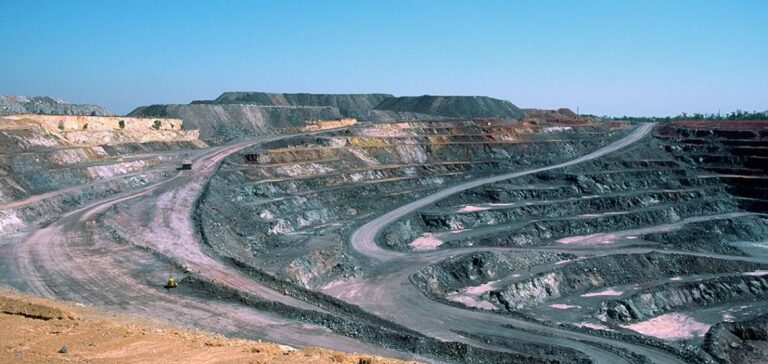Uranium Royalty Corp., a Vancouver-based company, has announced the acquisition of a 2% gross overriding royalty on the Aberdeen uranium project, located in Canada’s Nunavut Territory and operated by Forum Energy Metals Corp. The transaction amounts to CAD1mn ($730,000), funded from available cash. Closing is expected before the end of May.
A strategic position near the Kiggavik deposit
The Aberdeen project borders the Kiggavik project, operated by Orano, which hosts more than 132 million pounds of triuranium octoxide (U₃O₈) in indicated and inferred resources. According to Orano’s 2024 annual report, this places Kiggavik among the largest undeveloped uranium projects globally. The direct proximity to this deposit grants Aberdeen development potential closely monitored by industry players.
Forum Energy Metals retains a buyback right on 0.5% of the royalty, exercisable for the same CAD1mn amount, contingent upon the completion of a successful pre-feasibility study. This right will expire seven years after issuance.
Promising results in the Thelon Basin
The Aberdeen project spans more than 95,000 hectares on the northeast edge of the Thelon Basin, Canada—a geologic region still underexplored but considered an emerging analogue to the Athabasca Basin in Saskatchewan. The site is located approximately 100 kilometres west of the Hamlet of Baker Lake.
Drilling results to date have shown several significant uranium grades, including 1.15% U₃O₈ over 2.4 metres, 0.62% over 17.9 metres, and 0.11% U₃O₈ over 35.3 metres. These figures, reported by Forum Energy Metals in a 26 November 2024 release, support the project’s potential to become a strategic development site for uranium extraction.
Positioning within the uranium value chain
By strengthening its royalty portfolio with a new position in an advanced exploration project, Uranium Royalty Corp. continues its targeted investment strategy in assets located near major industrial developments. The company seeks to capture potential future cash flows in a market context where uranium demand continues to attract sustained interest.






















